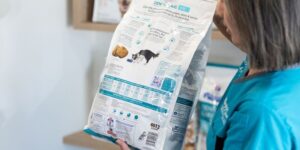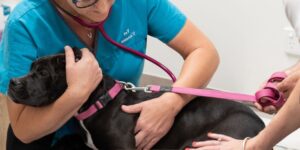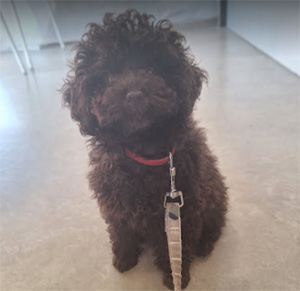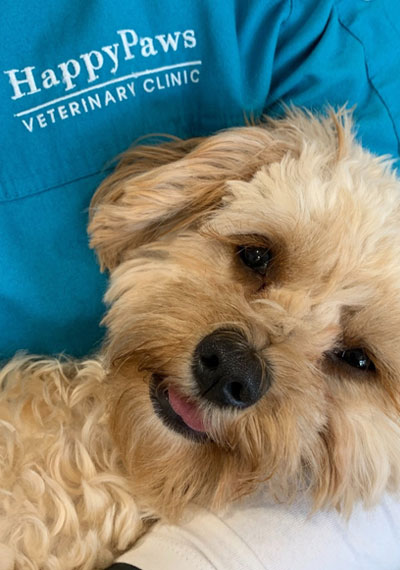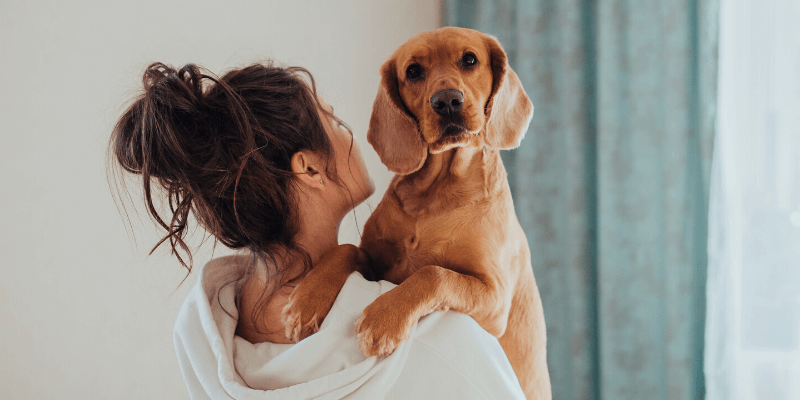The development of dental disease in pets can be affected by the animal’s breed, oral anatomy, diet and age. Dental disease is one of the most common problems we see in veterinary practice and it needs to be managed with a multi-targeted approach. Regular check-ups with the vet will help to identify any dental issues your pet might be hiding, and there are several important things you can do at home to help your pet’s teeth stay healthy.
What causes dental disease?
When particles of food and bacteria accumulate along the gum line, they combine with saliva to form plaque. If this plaque builds up, then tartar and bacteria accumulate too. The presence of this tartar and bacteria leads to inflammation around the gum line, a condition known as gingivitis.
As dental disease progresses, teeth can become eroded and the gum tissue infected. Once this happens, your pet can suffer from bone and tissue damage, and wobbly, rotten teeth. These changes can be severely painful and can significantly affect your pet’s quality of life.
Sometimes, even with all the best dental prevention measures in place, your pet may still need a dental procedure at some point. An excellent example of this is a dog who fractures a tooth chewing on something! The fractured tooth needs to be assessed by the vet and is usually extracted, as exposure of the tooth nerves can be painful and also lead to infection.
Brushing is best!
Regularly brushing your pet’s teeth is considered gold standard in-home care. Keep in mind that it may take some time for your pet to get used to the idea, however even if you only manage to do this occasionally, it is better than no brushing at all. If you are using a dental toothpaste, make sure it is pet-friendly (human toothpaste is toxic to pets). Ask us for a tooth brushing demonstration!
Make every mouthful count
We have excellent dental diets available designed to help clean your pet’s teeth as they chew. Speak to our friendly team for more information about the best diet to feed your pet.
Signs of dental disease in dogs and cats:
- Bad breath
- Yellow or brown staining on the teeth
- Redness of the gums around the teeth
- Bleeding gums or excessive drooling
- A loss of appetite or weight loss
What to do if you think your pet has dental disease
Dental disease is painful and can impact the overall health of your pet as the bacteria enter the bloodstream and make their way around your pet’s body.
If we diagnose the dental disease early enough, we can implement a treatment plan and slow the progression of this condition. Correct management of dental disease means your pet will lead a happier and healthier life and, in most cases, be less likely to need major dental procedures during their life, so it’s vitally important to keep an eye out for dental disease in your pet.
We strongly recommend getting your pet in for a dental check-up if you haven’t done so in the past 3 months. Ask us for further advice on dental disease prevention for your pet.


